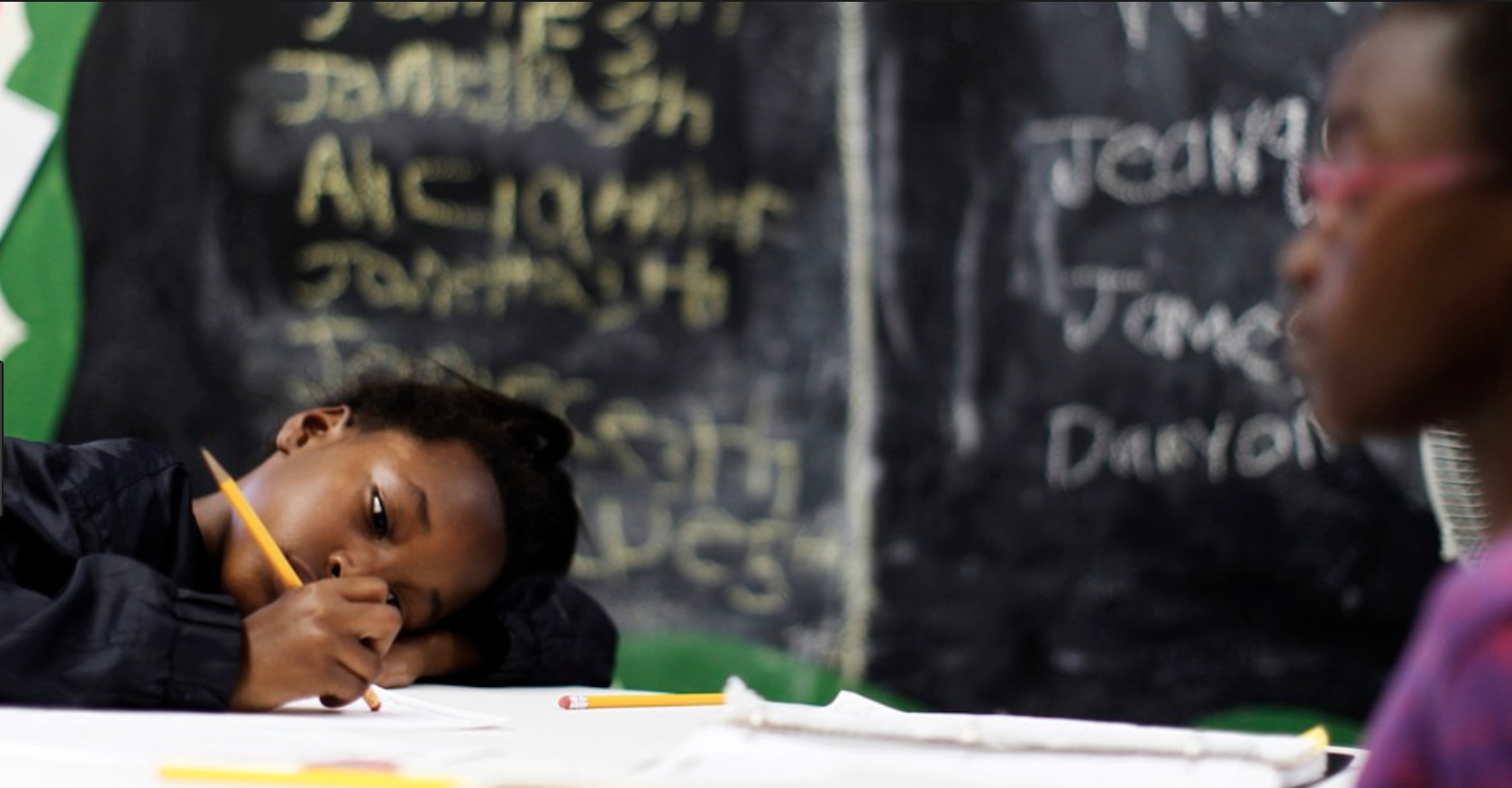A person or community cannot be freed, they must free themselves. Saul Alinsky and Ella Baker’s discussion on leadership has been critical to my understanding of the essence and potential of grassroots organizing. Accordingly, I believe the most effective form of organizing requires “group-centered leadership” – the idea that the people lead instead of a select few who do not necessarily understand nor represent the group’s interests. Accordingly, Alinsky and Baker believe the primary objective of social movements is to gain access to the decision-making table because all people have a right to be full participants in the solutions and decisions that affect their lives.
The active participation of all community members is vital for individual and group development. In terms of individual development, Alinsky and Baker suggests participation generates confidence, which helps individuals overcome passivity and become self-sufficient. Baker believes that being a part of the very process of organizing allows individuals to gain skills, hands-on experience, and knowledge about themselves, the issues, the people, and the politics involved. Consequently, individuals who participate in the movement develop the tools necessary for their own liberation. In terms of community development, Alinsky points out group involvement builds relationships between group members, and unites them under a shared experience and belief.
To enact meaningful change, people need some source of power, this power comes from the collective actions and voice of a united people. Although Alinsky and Baker believe that the power derives from the people, they recognize that this power is built with the help of leaders and organizers. Alinsky and Baker identify the primary responsibilities of a community organizer:
- Build hope and confidence in the idea of organization and those who are organizing
- Convinces individuals and collective that they have agency and power to enact meaningful change, and that it is their right to employ this power to represent and advocate for their community’s best interests
- Creates opportunities for community members to become involved in the process of organizing, including the identification of important issues and goals, the mobilization and unification of community, the methods used to go about reaching goals
- Encourages people to look towards themselves instead of towards the leaders for ideas and leadership
- Listen to the people, work with the people in shaping the movement
In light of their responsibilities, leaders essential duty is get community members to recognize the nature of their oppression and that they have the agency and power to overcome that oppression through collective action. Accordingly, Alinsky and Baker call upon organizers and leaders to elicit this education by developing and empowering the members through the process of organizing. Consequently, the community will simultaneously recognize their oppression and agency.
As evidenced in their philosophies, freedom requires power and power comes from collective action that which is formed with the assistance of self-less leaders. Thus, we arrive upon the underlying purpose of organizing – the actualization of freedom. Freedom, according to Alinsky and Baker, means independence, but not individualism. People work to overcome their oppression, not to gain power to oppress. Accordingly, community organizing provides oppressed people with a voice and a platform to remove the barriers which the elite power brokers have strategically built around them.
